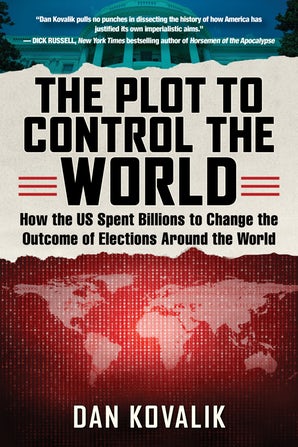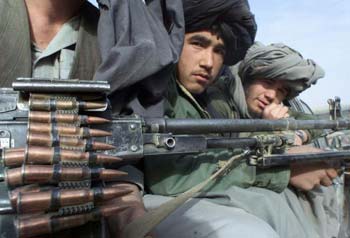 Dan Kovalik, The Plot to Control the World: How the US spent billions to change the outcome of elections around the world, Hot Books, 2019.
Dan Kovalik, The Plot to Control the World: How the US spent billions to change the outcome of elections around the world, Hot Books, 2019.
‘Imperialism abroad - despotism at home’ was once the credo of the Democratic Party, part of its 1900 platform. One of the tidbits Kovalik passed on at his Toronto book launch.
Yes, the US is the big interferer in others’ elections, as Kovalik documents. But as counsel of the Union of Steelworkers and lawyer for beleaguered workers in Colombia, Kovalik gave his listeners insight into the little known role the US trade union movement plays -- its betrayal of trade unionists abroad. Dozens of Colombia worker-heroes owe their lives to his lawyer smarts and dedication to the working class. As an American, he takes the evil of imperialism seriously and risks his own life to fight It. A real ‘working class hero’.

 It’s time to think about the likely future of poor Afghanistan. It isn’t terribly bright, but we have to, so the sooner, the better.
It’s time to think about the likely future of poor Afghanistan. It isn’t terribly bright, but we have to, so the sooner, the better.
 The attempted coup in Venezuela looks like it might be the brainchild of Zalmay Khalilzad, now
The attempted coup in Venezuela looks like it might be the brainchild of Zalmay Khalilzad, now  Suddenly President Trump’s no longer the fool, the dupe of his generals. His latest, historic tweets are bombshells. “Getting out of Syria was no surprise. I’ve been campaigning on it for years, and six months ago, when I very publicly wanted to do it, I agreed to stay longer. Russia, Iran, and Syria & others are the local enemy of ISIS” and the US was “doing there [sic] work.”
Suddenly President Trump’s no longer the fool, the dupe of his generals. His latest, historic tweets are bombshells. “Getting out of Syria was no surprise. I’ve been campaigning on it for years, and six months ago, when I very publicly wanted to do it, I agreed to stay longer. Russia, Iran, and Syria & others are the local enemy of ISIS” and the US was “doing there [sic] work.”



